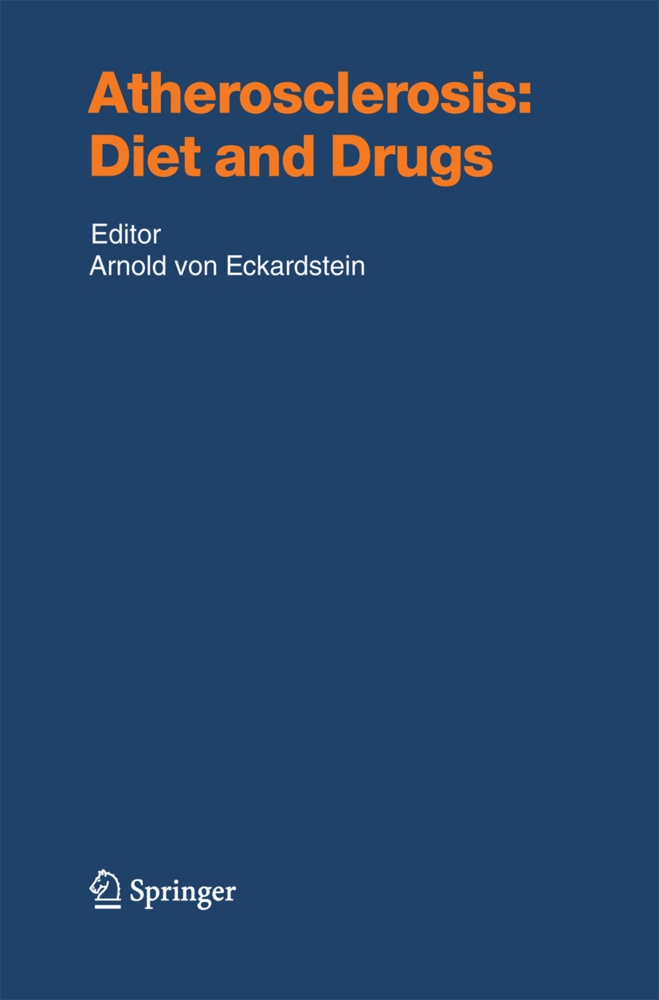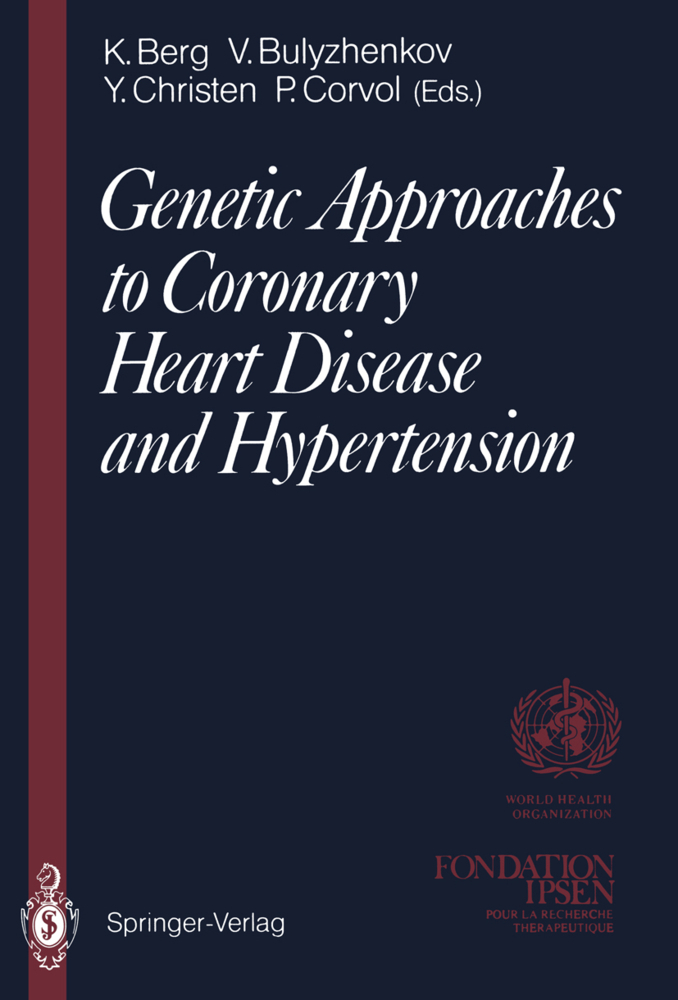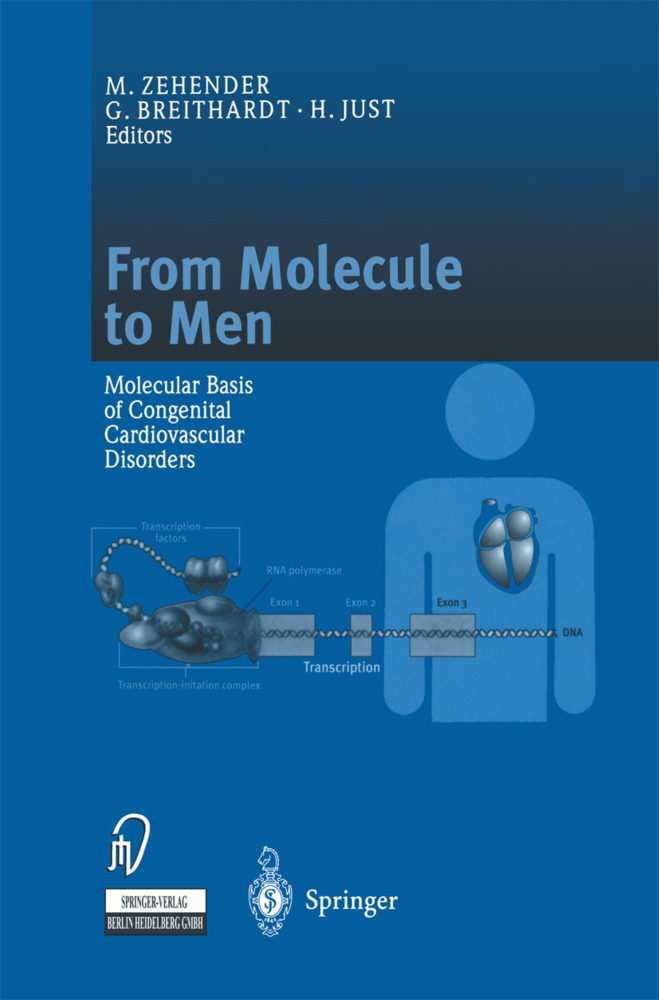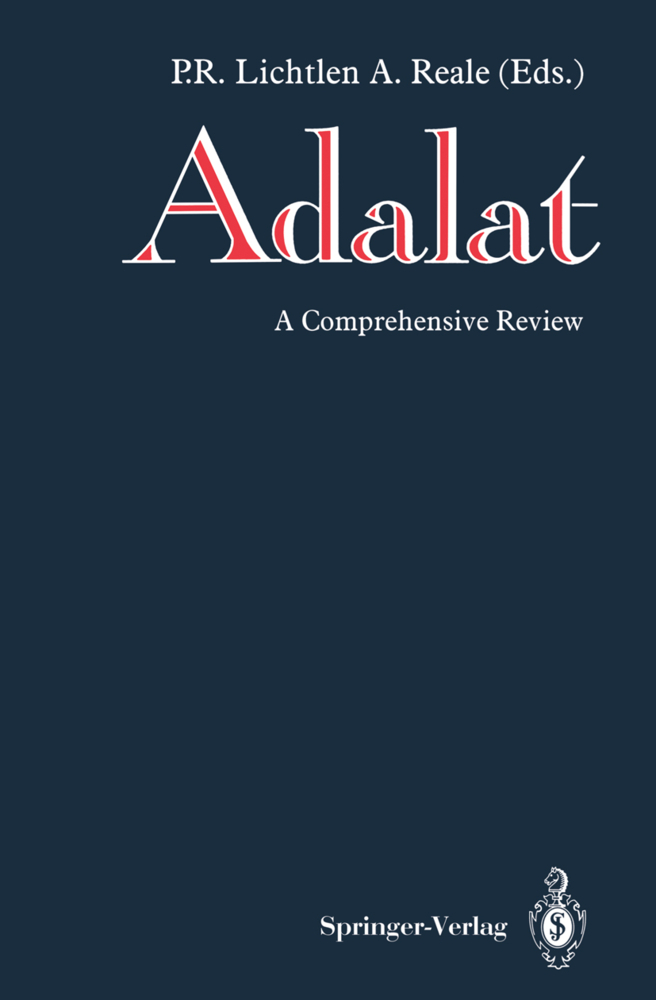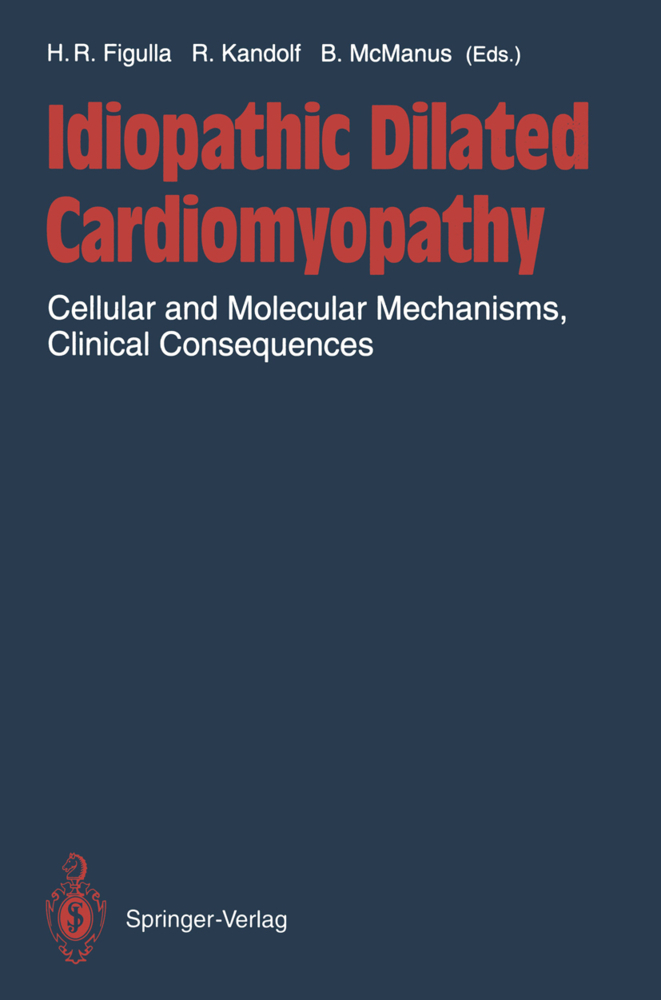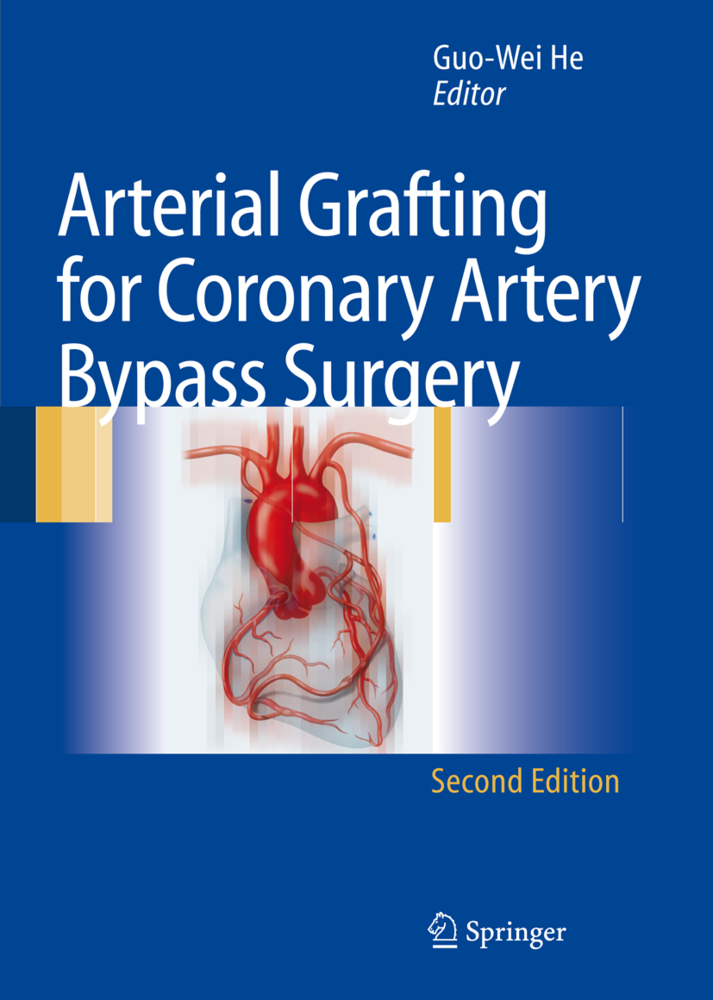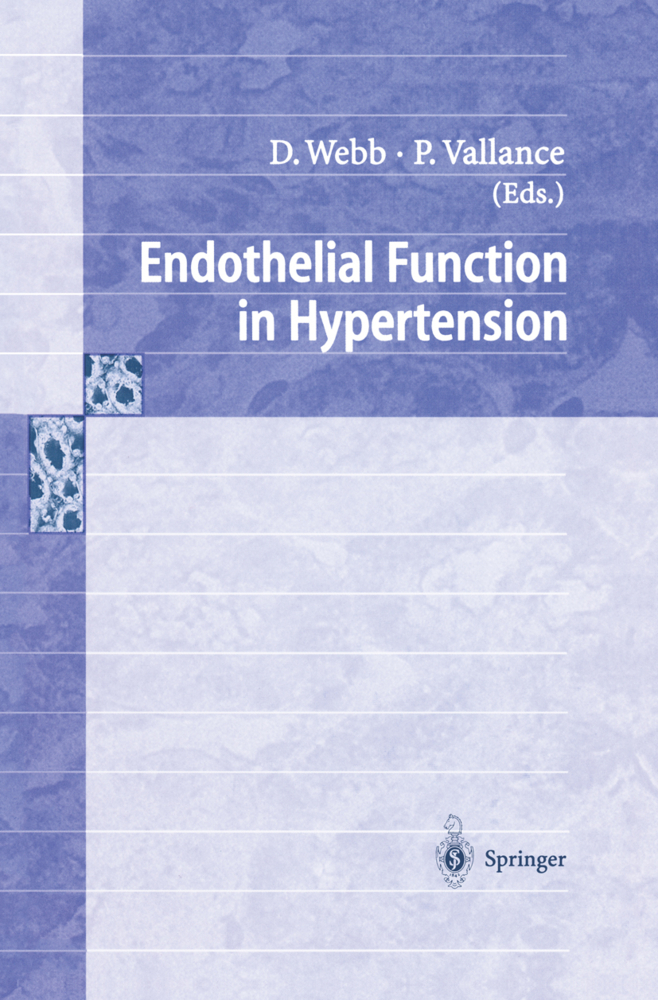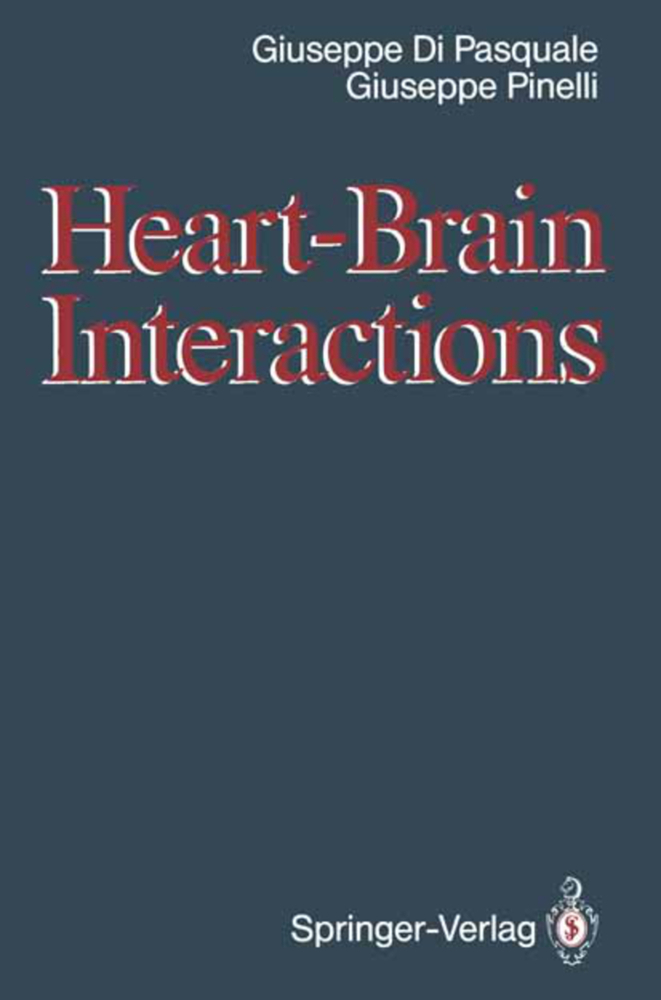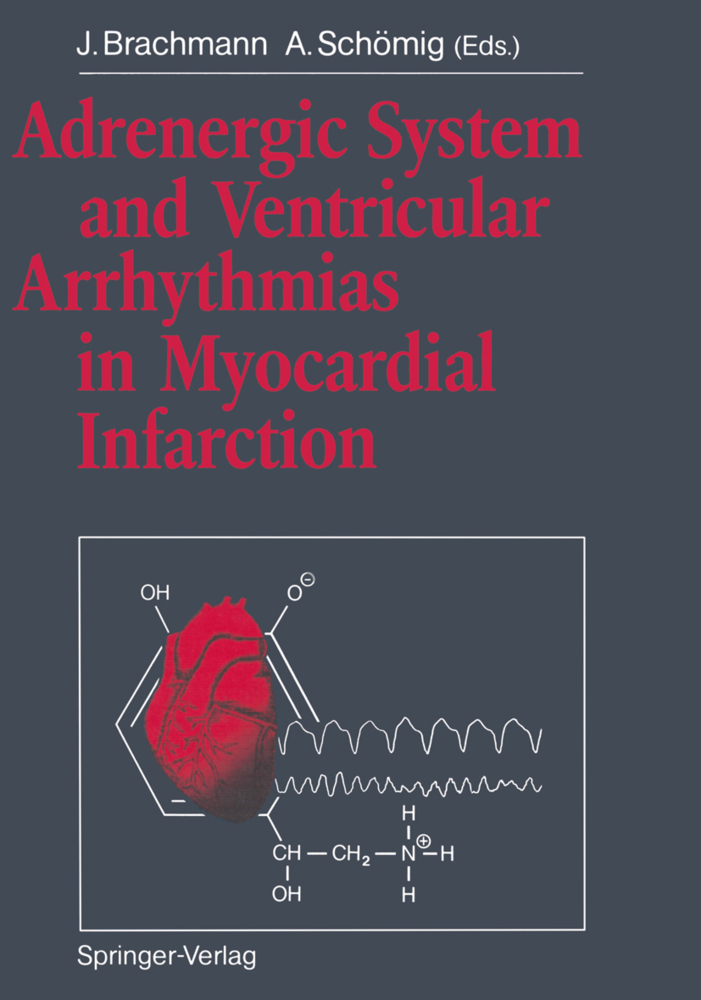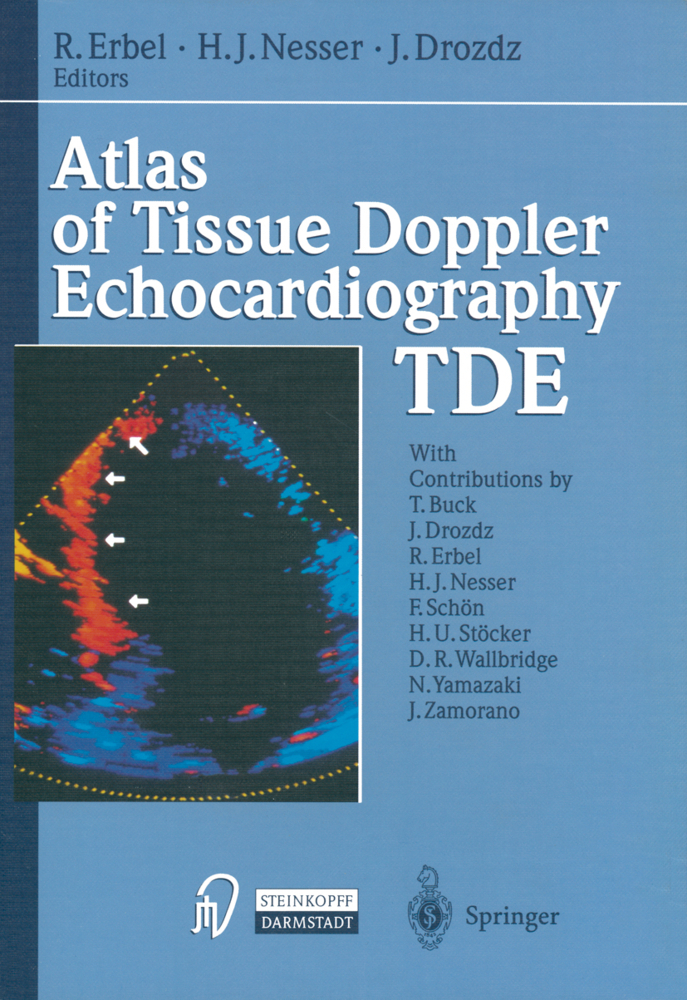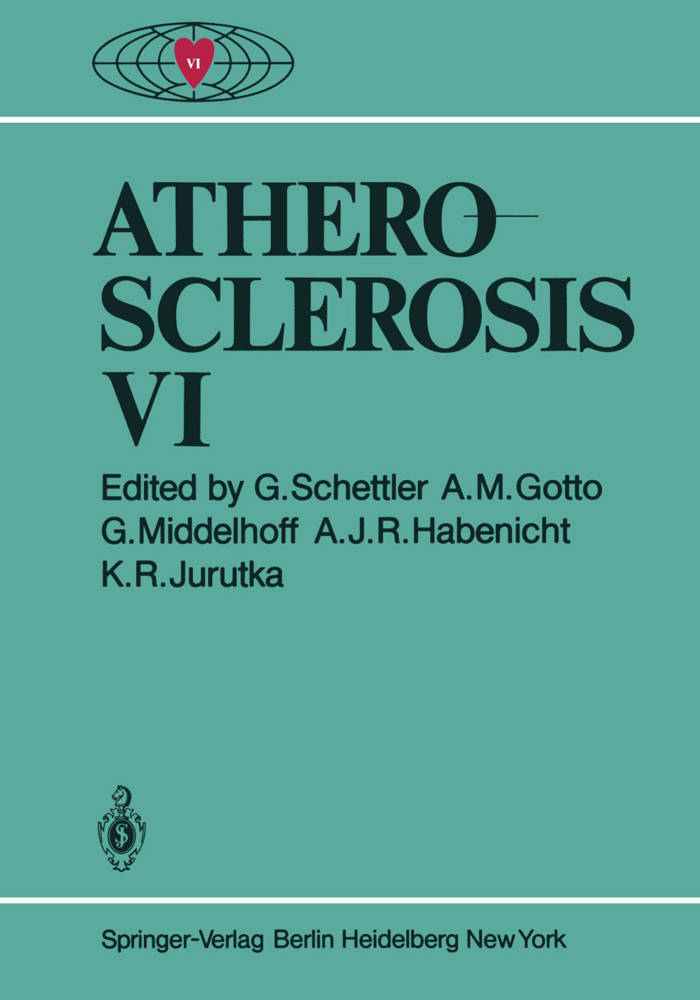Atherosclerosis: Diet and Drugs
Atherosclerosis: Diet and Drugs
Cardiovascular diseases continue to be the leading cause of death in the - jority of industrialized countries. The most frequent underlying pathology, namely atherosclerosis, and its clinical sequelae, namely coronary heart d- ease, cerebrovascular disease and peripheral artery disease, remain common although for a long time we have been made aware of avoidable or mo- ?able etiological factors such as smoking, fat-rich diet or lack of exercise, and although these adverse lifestyle factors have been extensively addressed by population-wide primary prevention programs. Cardiovascular morbidity and mortality also remain high despite successful anti-hypertensive and lipid lowering drug therapies which help to reduce cardiovascular morbidity and mortality by about 30% in both secondary and tertiary prevention settings. This can partly be explained by the increasing life expectancy and growing p- portionofelderly people,especiallyinEuropeandNorthAmerica. Inaddition, the World Health Organization makes the alarming prediction that probably in response to the spreading of western dietary behavior and lack of exercise resulting in an increasing prevalence of diabetes, dyslipidemia and hypert- sion, cardiovascular diseases rather than infectious diseases will become the most frequent cause of death worldwide. This volume of the Handbook of Experimental Pharmacology entitled "Atherosclerosis" is divided into four parts and intends to give an overview on the pathogenesis of atherosclerosis, established treatment and prevention regimen, and of perspectives for the development of new treatment modalities.
Risk Factors for Atherosclerotic Vascular Disease
Metabolic Syndrome: Therapeutic Considerations
The Impact of Diet
Physical Activity, Obesity and Cardiovascular Diseases
Fatty Acids and Atherosclerotic Risk
Dietary Cholesterol, Atherosclerosis and Coronary Heart Disease
Plant Sterols and Stanols
Carbohydrates and Dietary Fiber
Dietary Antioxidants and Paraoxonases Against LDL Oxidation and Atherosclerosis Development
Soy, Isoflavones and Atherosclerosis
Homocysteine and B Vitamins
Alcohol
Evidence-Based Anti-Atherosclerotic Drug Therapy
Lipid and Non-lipid Effects of Statins
Fibrates
ACE Inhibitors and Angiotensin II Receptor Antagonists
Inhibition of Platelet Activation and Aggregation
Targets of Future Anti-Atherosclerotic Drug Therapy
The ABC of Hepatic and Intestinal Cholesterol Transport
Inhibition of the Synthesis of Apolipoprotein B-Containing Lipoproteins
Therapy of Hyper-Lp(a)
Modulation of High-Density Lipoprotein Cholesterol Metabolism and Reverse Cholesterol Transport
Inhibition of Lipoprotein Lipid Oxidation
Correction of Insulin Resistance and the Metabolic Syndrome
Protection of Endothelial Function
Modulation of Smooth Muscle Cell Proliferation and Migration: Role of Smooth Muscle Cell Heterogeneity
Modulation of Macrophage Function and Metabolism
Inflammation Is a Crucial Feature of Atherosclerosis and a Potential Target to Reduce Cardiovascular Events
Autoimmune Mechanisms of Atherosclerosis
Drug Therapies to Prevent Coronary Plaque Rupture and Erosion: Present and Future
Reciprocal Role of Vasculogenic Factors and Progenitor Cells in Atherogenesis
Gene Therapy of Atherosclerosis.
Background
The Pathogenesis of AtherosclerosisRisk Factors for Atherosclerotic Vascular Disease
Metabolic Syndrome: Therapeutic Considerations
The Impact of Diet
Physical Activity, Obesity and Cardiovascular Diseases
Fatty Acids and Atherosclerotic Risk
Dietary Cholesterol, Atherosclerosis and Coronary Heart Disease
Plant Sterols and Stanols
Carbohydrates and Dietary Fiber
Dietary Antioxidants and Paraoxonases Against LDL Oxidation and Atherosclerosis Development
Soy, Isoflavones and Atherosclerosis
Homocysteine and B Vitamins
Alcohol
Evidence-Based Anti-Atherosclerotic Drug Therapy
Lipid and Non-lipid Effects of Statins
Fibrates
ACE Inhibitors and Angiotensin II Receptor Antagonists
Inhibition of Platelet Activation and Aggregation
Targets of Future Anti-Atherosclerotic Drug Therapy
The ABC of Hepatic and Intestinal Cholesterol Transport
Inhibition of the Synthesis of Apolipoprotein B-Containing Lipoproteins
Therapy of Hyper-Lp(a)
Modulation of High-Density Lipoprotein Cholesterol Metabolism and Reverse Cholesterol Transport
Inhibition of Lipoprotein Lipid Oxidation
Correction of Insulin Resistance and the Metabolic Syndrome
Protection of Endothelial Function
Modulation of Smooth Muscle Cell Proliferation and Migration: Role of Smooth Muscle Cell Heterogeneity
Modulation of Macrophage Function and Metabolism
Inflammation Is a Crucial Feature of Atherosclerosis and a Potential Target to Reduce Cardiovascular Events
Autoimmune Mechanisms of Atherosclerosis
Drug Therapies to Prevent Coronary Plaque Rupture and Erosion: Present and Future
Reciprocal Role of Vasculogenic Factors and Progenitor Cells in Atherogenesis
Gene Therapy of Atherosclerosis.
Eckardstein, Arnold
| ISBN | 978-3-642-43897-4 |
|---|---|
| Artikelnummer | 9783642438974 |
| Medientyp | Buch |
| Copyrightjahr | 2014 |
| Verlag | Springer, Berlin |
| Umfang | XII, 816 Seiten |
| Abbildungen | XII, 816 p. |
| Sprache | Englisch |

